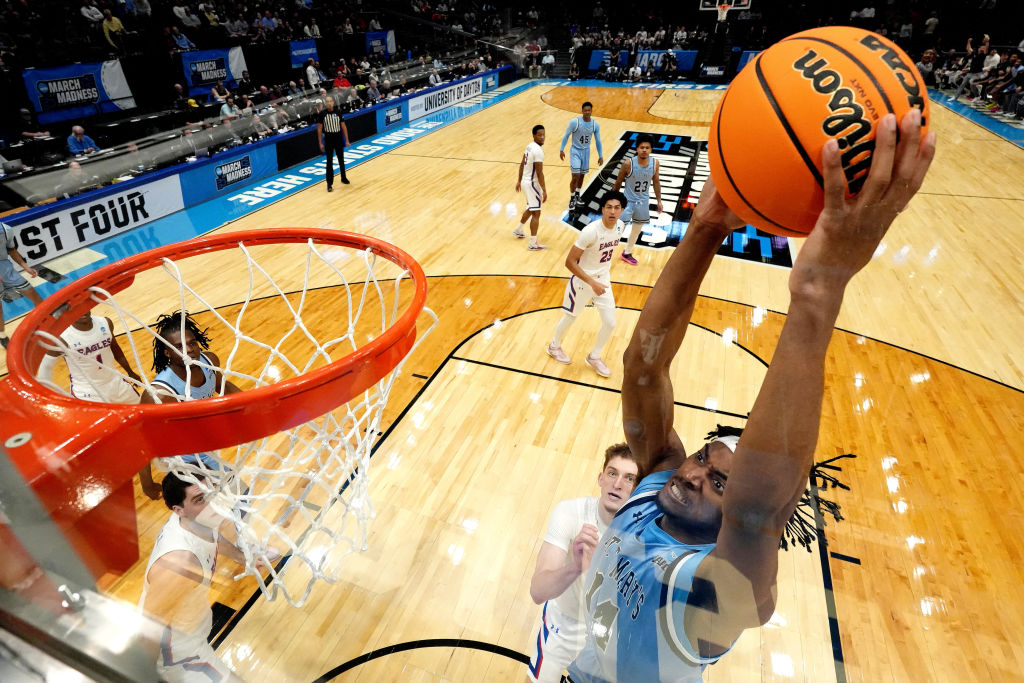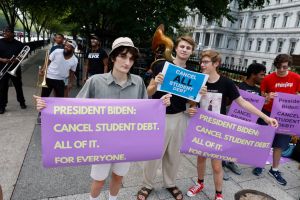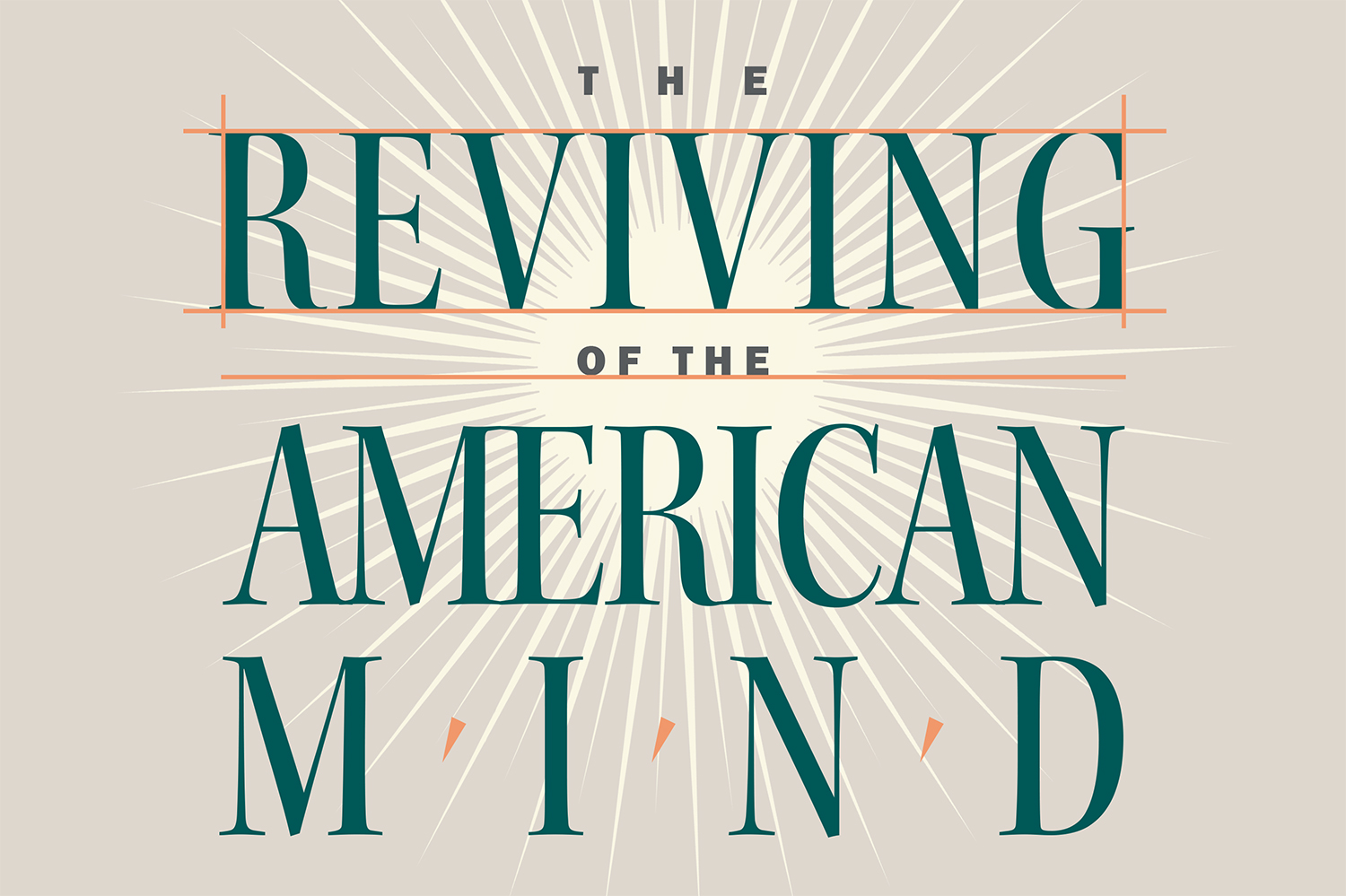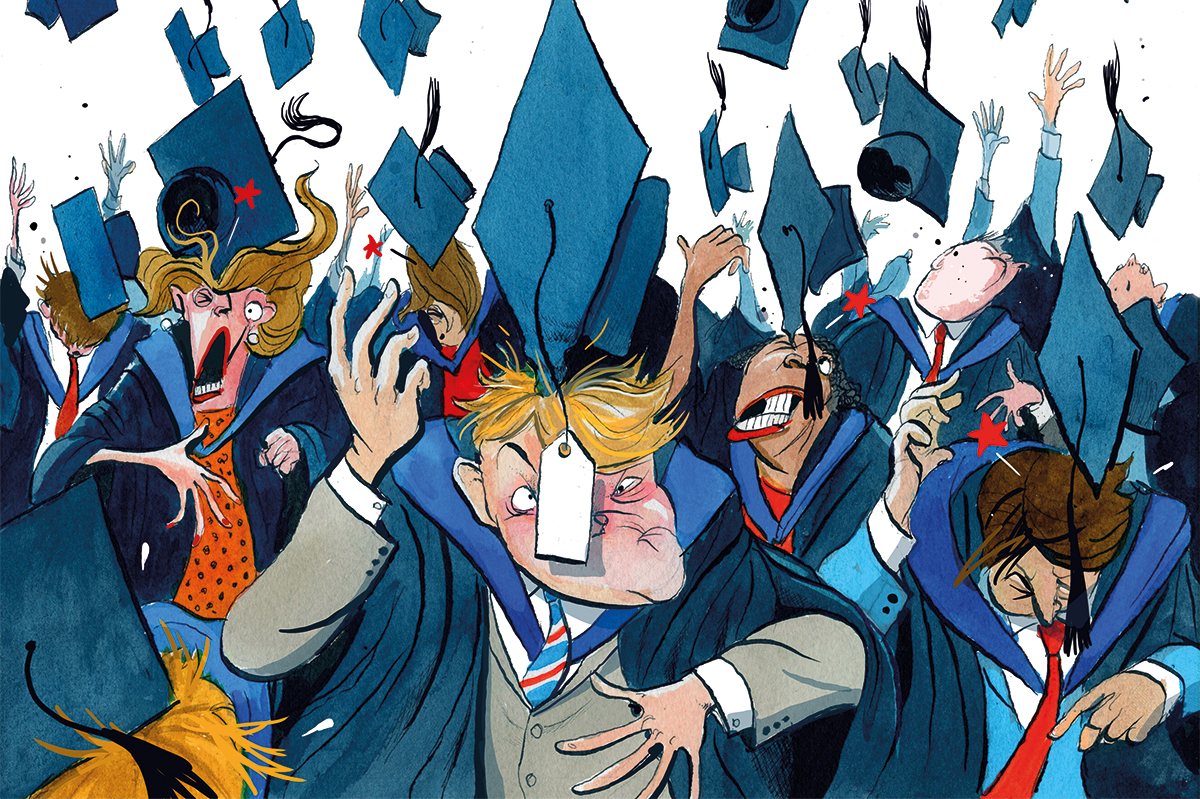Today tens of millions of Americans will happily place a billion bets they know they will lose. The tradition of March Madness office pools, one of the healthiest forms of camaraderie-based parlay gambling, will take place all across America, with people who have never seen a single game played by any college basketball team this season picking UC San Diego over Michigan, because they know a guy who knows ball and he has a feeling. Or, even more popular, the all-mascot bracket, which will struggle with this year’s Houston-SIU game – because they’re both the Cougars. Best to flip a coin? (Houston by a million points – this is not gambling advice.)
Thanks to the hook of this annual March Madness tradition, John Oliver, Britain’s most patronizing Puritan Peanut Man export, took to the airwaves on Last Week Tonight to unleash a 32-minute viral rant against online sports gambling that managed to combine nearly every false narrative, flimsy claim and shrieking catastrophized fear mongering you may have read of late in the writing of journalists who are deep down just mad at themselves that their Chiefs-Kelce-Gatorade color parlay didn’t hit last month.
The central absurdity of the American anti-online gambling movement is its ignorance of the alternative. With the exception of a few prudish authoritarian conservatives, there is a noticeable lack of great social conservative prohibition movement against online sports gambling. Perhaps this speaks to the popularity of the major sports among red state communities (gambling is a great uniter – a Pew study found that Democrats and Republicans gamble at similar levels). Or perhaps it’s because the major funders pushing against online gambling in the United States are foreigners – particularly, foreigners who are working not out of an altruistic motive, but because they profit from the alternative scenario.
As a member of the generation of Americans who emerged from college at the height of the worldwide poker craze, I and my cohort are well aware of the ease of access to offshore betting markets and gambling apps of dubious legality – as well as the even seedier world of bookies and criminal enterprises whose threats go far beyond getting banned from apps. The illegal marketplace in gambling is enormous. The American Gambling Association estimates that Americans bet over half a trillion a year on illegal or unauthorized books, including “nearly $64 billion with illegal online sportsbooks and bookies; another $338 billion with illegal online casinos; and up to $109 billion on more than 580,000 unrelated gaming machines.” The marketplace for illegal gaming dwarfs legal gaming – no wonder, considering it hasn’t even been legal for a decade – yet Oliver never bothered to mention this fact.
This is the fundamental problem with the conservative prudes who tut tut about the need for prohibition. They don’t seem to ever acknowledge or understand that their concept of a ban is simply a reversion to the prior state of things, where untaxed, unregulated and zero transparency books have far more latitude to rip off gamblers – particularly those who are prone to addiction – without any customer protections. For legal books, all these aspects are mandatory, or the regulators will fine them and shut them down.
Oliver also lied to his audience about the state of marketing gambling on college campuses. Early agreements that were signed by multiple books were rolled back after regulators questioned the practice of marketing gambling to college students under the age of 21 – but Last Week Tonight falsely presented old material as if it was still currently happening.
Perhaps the most egregious aspect of Oliver’s rant was the presentation of British leftist Matt Zarb-Cousin as a neutrally minded altruistic vocate, when he is in reality the CEO of Gamban, a company that contracts with states to block people from gambling online. Their whole business model runs on selling contracts to states and companies to restrict problem gamblers – literally profiting from the restrictions they push. It’s a similar tale with another foreigner backing anti-American online gambling campaigns, Labour backer Derek Webb, whose profit motive is tied to boosting land based casinos over the online variety.
Consider it a standing rule: when someone lectures you about the evils of online gaming, always check and see if they stand to profit from their argument. More often than not, it turns out they’re rooting for gamblor, just by different means.
When you take a step back from the oversaturated market of apocalyptic predictions regarding legalized gambling – including studies that range from the flimsy to the outright ridiculous (one widely cited survey relied on Facebook searches and stadium proximity to claim online gambling coincided with an increase in emotional toxicity and domestic violence) – what you can actually see is an activity that lends itself to entertainment and enjoyment for the overwhelming majority of sports fans.
In fact, according to a Southern Methodist University study that looked at hundreds of thousands of sports bettors over the course of five years, the cost of the median online deposit from 2019 to 2023 amounts to a random date night at Outback Steakhouse: $136. And that’s over five years. People will spend more on that today just watching the afternoon games in Buffalo Wild Wings. It wouldn’t even buy you half a ticket to the Final Four.
To suggest that online gambling is a social ill even approaching the level of alcohol or drugs would require a vast number of Americans to be the everyday equivalent of Hunter Biden. It’s just not true to claim they are. And the people who do, whose fake holier-than-thou altruism would drive the most at-risk people back to illegal marketplaces to bankrupt themselves at will, are going to continue to lose. Americans are risk takers. We don’t like a stick in the mud. We like to gamble. How else are we going to make Drake-Mizzou interesting?
Now if you don’t mind, I’m off to enter my two brackets as I do every year – both for pools overwhelmingly filled with journalists and media figures, several of whom are paid by the very same people who pay John Oliver. Let’s go, Cougars.


























Leave a Reply